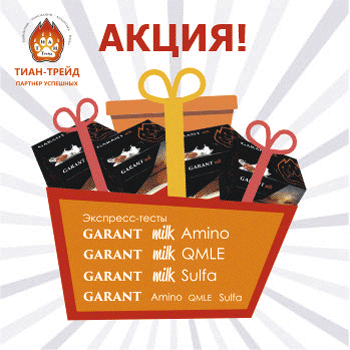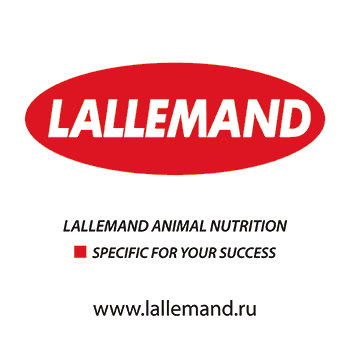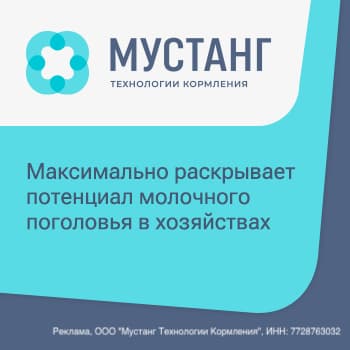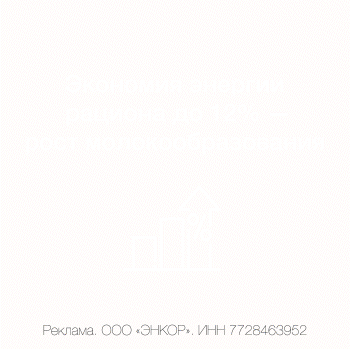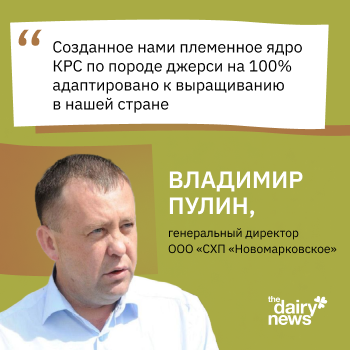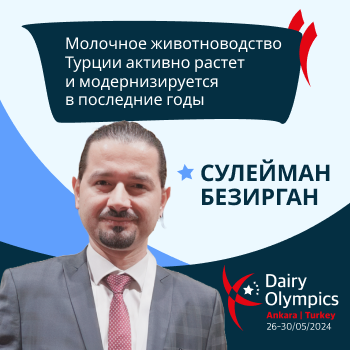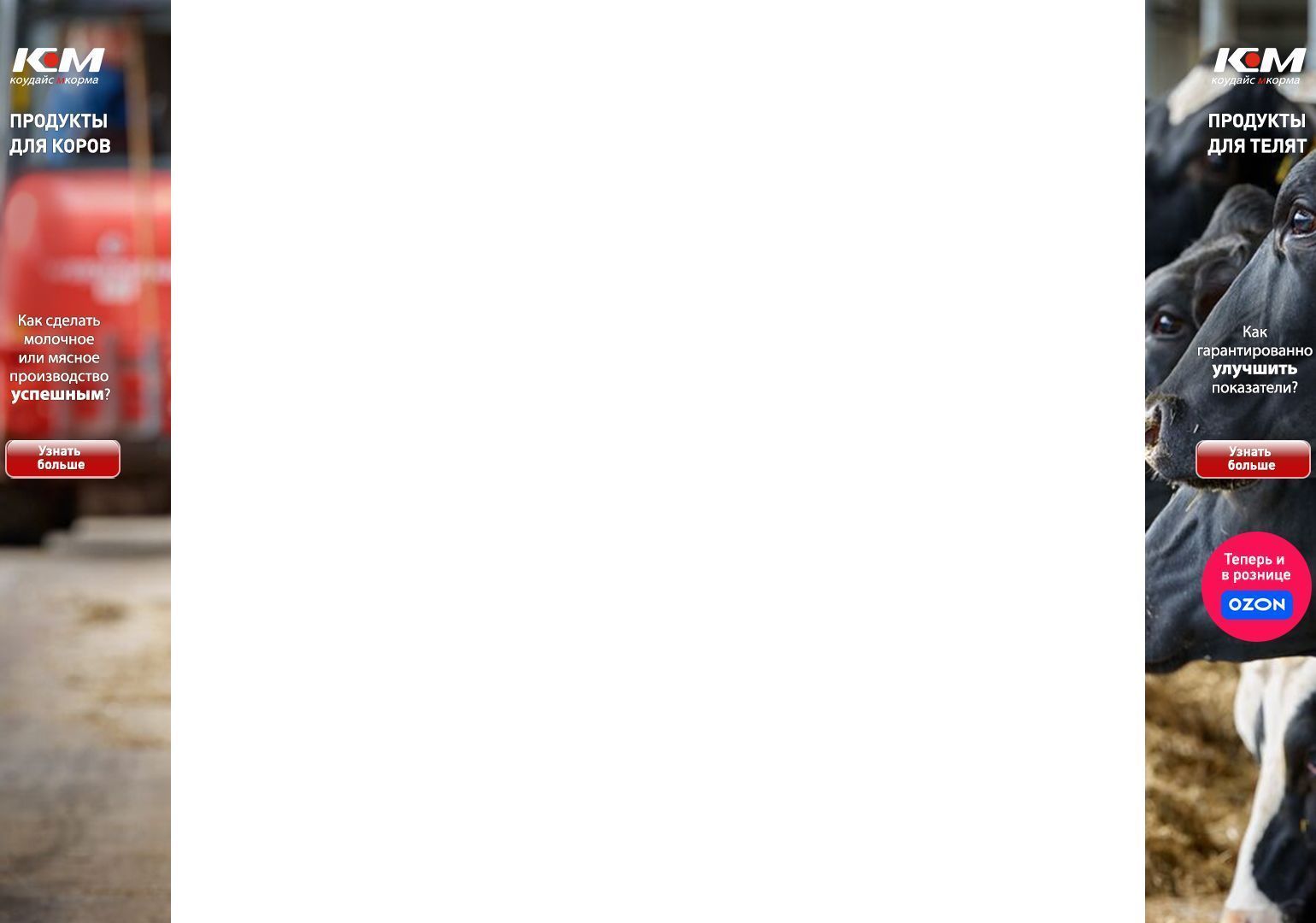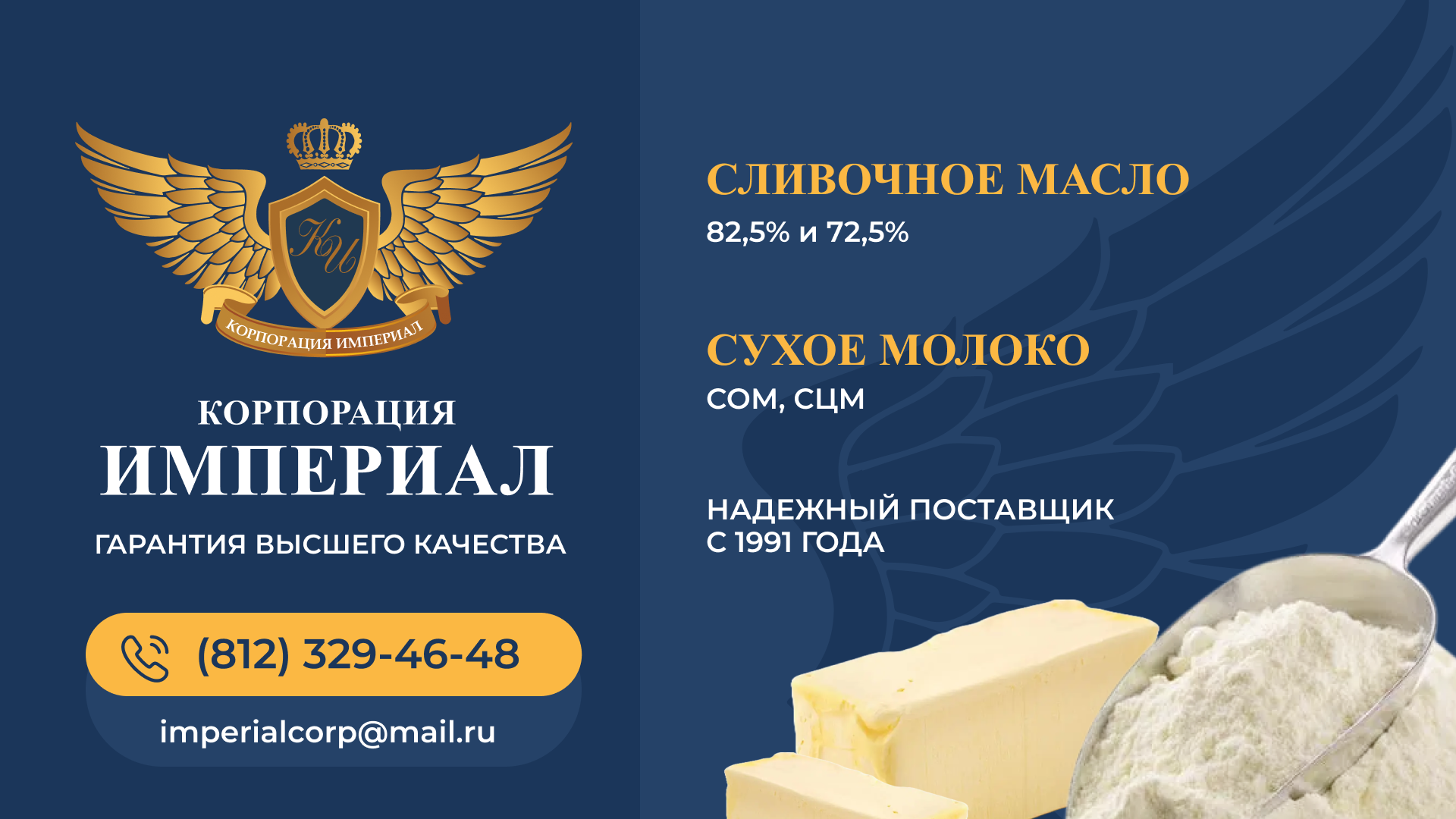Medvedev announced requests to keep the counter-sanctions forever
Some representatives of Russian business support the fact that the counter-sanctions imposed by Russia in response to the sanctions of the United States, the EU and other countries are preserved forever. This was stated by Dmitry Medvedev at a press conference following talks with Finnish Prime Minister Antti Rinne.
"In general, of course, sanctions do not please anyone, and our response measures probably do not please many, but not everybody. Part of the Russian companies are in favour of preserving our response measures forever", Medvedev said (quoted by “RIA Novosti”).
He also promised that Russia would not be the first to cancel counter-sanctions.
Earlier, Medvedev has repeatedly stated that representatives of Russian agribusiness are in favor of maintaining the embargo imposed as a response to Western sanctions on the import of various food products produced abroad to Russia.
"It's good for them. And they ask us to keep this regime as long as possible", said the Prime Minister, speaking at the Serbian people's Assembly in October.
"And how happy are the farmers, who come, for example, to the government, and say: do not cancel the retaliatory restrictive measures", said Medvedev during the program "Dialogue" on the TV channel "Russia 24" in September.
In July, analysts at a consulting company KPMG at the request of RBC assessed the results of five years of the food embargo. The experts concluded that one of the results was a rise in prices for consumers, and not only for the banned products. Butter (+79%), frozen fish (+68%) and cabbage (+62%) rose the most in five years from 2013 in retail. The price also increased for products, which were produced in Russia in big quantities before 2014: wheat flour rose in price by 25%, pasta - by 34%, sunflower oil - by 35%.
Russian President Vladimir Putin has repeated that the sanctions standoff has benefited the Russian economy. In particular, during the annual press conference at the end of 2018, he said that due to the embargo, "agriculture has made an incredible breakthrough". However, he also stated that after the West lifted its sanctions, counter-sanctions would also be lifted.
"My answer will not please our Russian agricultural producers, but I have to tell you that if the European sanctions are lifted, we will be forced to withdraw retaliatory measures, because there will be no original reasons why they were introduced", said Putin, answering the relevant question during a meeting with French delegates in March 2019.
The food embargo was imposed in response to Western sanctions on August 7, 2014 against a number of products that came to Russia from the European Union, the United States, Australia, Norway and Canada. Under the ban were deliveries of beef, pork, poultry, fish, seafood, cheese, milk, fruits, vegetables, as well as some other categories of products from these countries. Later, the list was revised several times, the embargo was extended, and the number of countries under it increased: there were added Albania, Liechtenstein, Iceland, Montenegro and Ukraine.
In June 2019, the food embargo was extended until the end of 2020.

